Assuming (a)() would also be valid, here's a way to solve this:
grammar T;
options {
output=AST;
}
tokens {
EXPR_LIST;
CALL;
INDEX;
LOOKUP;
}
parse
: expr EOF -> expr
;
expr
: add_expr
;
add_expr
: mul_exp (('+' | '-')^ mul_exp)*
;
mul_exp
: atom (('*' | '/')^ atom)*
;
atom
: fncall
| NUM
;
fncall
: (fncall_start -> fncall_start) ( '(' expr_list ')' -> ^(CALL $fncall expr_list)
| '[' expr ']' -> ^(INDEX $fncall expr)
| '.' ID -> ^(LOOKUP $fncall ID)
)*
;
fncall_start
: ID
| '(' expr ')' -> expr
;
expr_list
: (expr (',' expr)*)? -> ^(EXPR_LIST expr*)
;
NUM : '0'..'9'+;
ID : ('a'..'z'|'A'..'Z'|'_') ('a'..'z'|'A'..'Z'|'0'..'9'|'_')*;
The parser generated from the grammar above would parse the input:
(foo.bar().array[i*2])(42)(1,2,3)
and construct the following AST:

Without the tree rewrite rules, the grammar would look like this:
grammar T;
parse
: expr EOF
;
expr
: add_expr
;
add_expr
: mul_exp (('+' | '-') mul_exp)*
;
mul_exp
: atom (('*' | '/') atom)*
;
atom
: fncall
| NUM
;
fncall
: fncall_start ( '(' expr_list ')' | '[' expr ']' | '.' ID )*
;
fncall_start
: ID
| '(' expr ')'
;
expr_list
: (expr (',' expr)*)?
;
NUM : '0'..'9'+;
ID : ('a'..'z'|'A'..'Z'|'_') ('a'..'z'|'A'..'Z'|'0'..'9'|'_')*;
